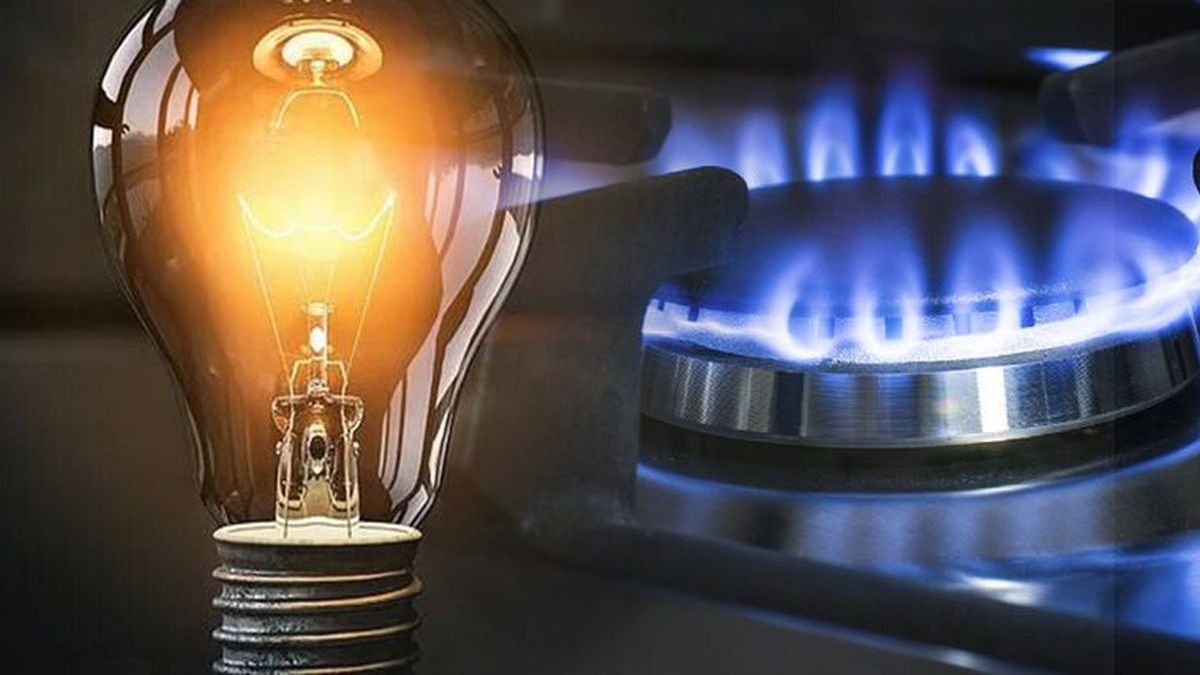In Germany there is a debate about the so-called phase-out of combustion engines. For a top representative of the EU car association Acea, this is more of a sideshow and the focus lies elsewhere.
The European automobile association Acea does not currently see the question of a return of the combustion engine in focus. “I think that’s the wrong question to focus on today,” Acea General Director Sigrid de Vries told the German Press Agency. There needs to be a discussion about how the change to climate-friendly transport can be achieved. Electricity will become the dominant technology for cars. “There is no doubt about that. We will see whether it will be 100 percent,” added de Vries.
According to current plans – with very few exceptions, for example for emergency vehicles – no new cars with combustion engines will be allowed to be registered in the EU from 2035. Even if laws are not changed, it is clear that the internal combustion engine will be around for a long time, said de Vries.
In the federal government, the FDP is campaigning for new combustion cars to be allowed in the future if they only use climate-neutral synthetic fuels (e-fuels). The CSU demands that combustion engines continue to be approved at European level.
China is putting pressure on Europe with its electric cars
According to de Vries, combustion technology can also be environmentally friendly and will continue to be used worldwide. “The challenge for Europe is to get involved,” said the Acea Director General. It is an illusion to believe that the technology can still be manufactured and built in Europe for other countries. “It’s also a bit hypocritical to say, ‘We don’t want them here, but you can still produce them for other countries’.”
In Germany, the abrupt end of the electric car bonus last year caused demand for battery cars to collapse. This presents manufacturers with several problems: the factories are not being used to capacity, and due to the stricter EU fleet targets for CO2 emissions from 2025 onwards, there is a risk of high fines in Europe. “I think we are in an existential situation,” said de Vries. The German auto industry also wants the impending tightening of values to be examined again.
Competition from China in particular is currently putting European car manufacturers under pressure. “They bet everything on electrification and it has now paid off very, very well,” said de Vries. “And they are also quickly catching up with combustion engines.” So far, European companies have been ahead of the game when it comes to this technology.
With regard to electric cars, China currently dominates value chains for batteries and components. It looks similar with microchips. “It gives them a competitive advantage, if you will, because the affordability of a vehicle or the competitiveness of a vehicle depends to a large extent on the cost of the components and the batteries,” emphasized the Acea manager.
Source: Stern




